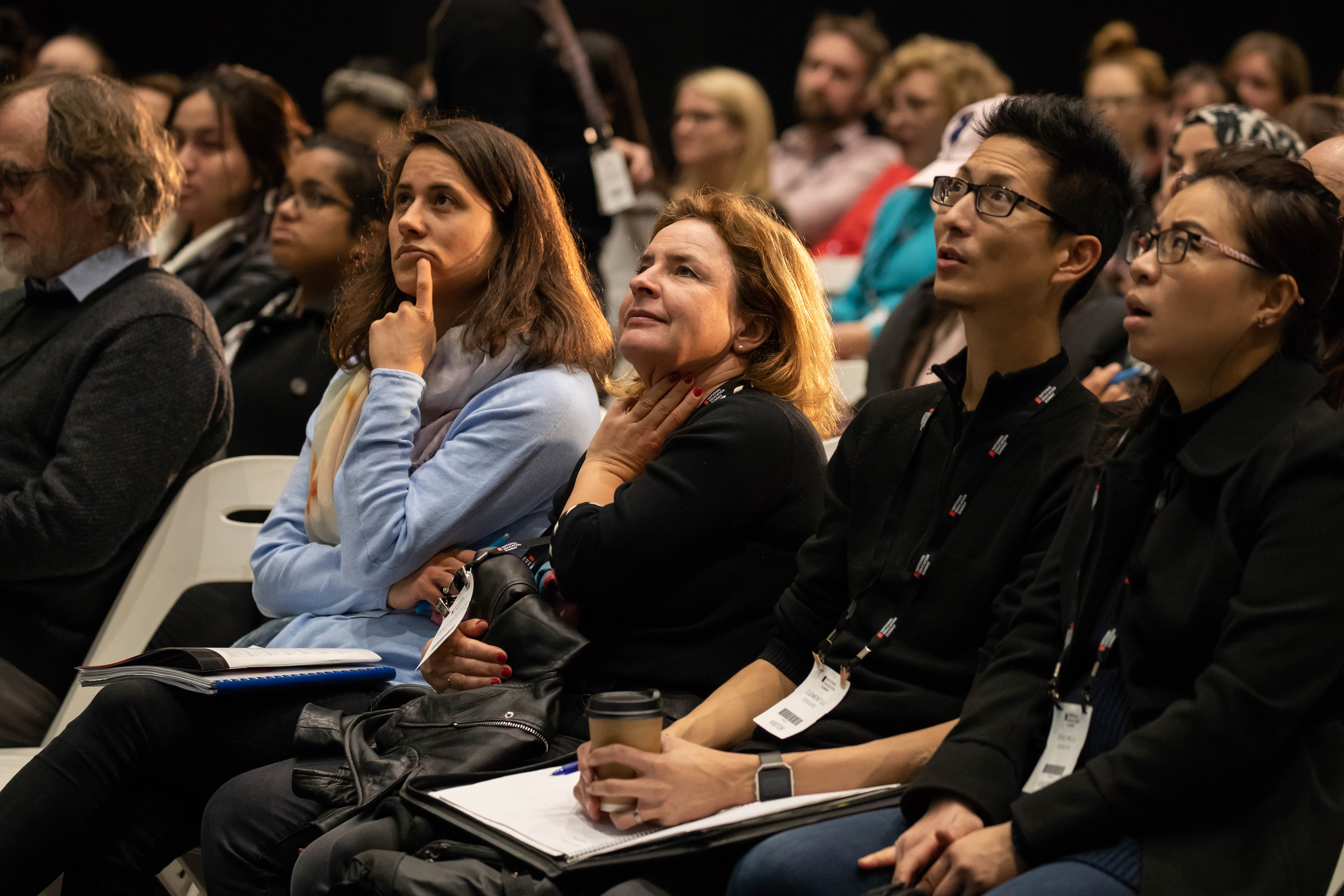
The advancement of technology such as AI and ChatGPT is a hot topic in the education sector, with much debate about the potential value or threat posed by these tools.
Bruce Fuda is the Project Lead on the Schools Cyber Security Challenges Project and the Chief of Education (Curriculum) at Grok Academy – a non-profit organisation that is seeking to educate learners in transformative computing skills and knowledge. He believes that the key to getting the most out of these technological advances is finding ways to scale them, while building interactive experiences that meet the educational needs of teachers working with a diverse range of students.
“If we can do that – use these tools to amplify the effectiveness of teachers, not try to replace them – we can both reduce the administrative burdens that come with adopting new technologies, and allow teachers to focus on the thing they do best - making learning exciting and rewarding for their students,” he says.
Embracing digital technology, the right way
Embracing digital technology is one way to achieve this goal, provided this is done correctly. “A common challenge we’ve heard from teachers is that although students have been raised in a world where technology is virtually ubiquitous, their ability to harness it beyond the activities they already know (like gaming, social media and similar) is still limited,” notes Bruce. “The only way that is going to change is if they are given opportunities in school to engage with technology in more meaningful ways – not just in digital technologies classes, but in every aspect of their learning”.
He adds that the updated version of the current Australian Curriculum does a great job of bringing digital literacy into subject learning, enabling schools to embrace the use of technology to support learning.
Understanding the potential benefits of AI
Addressing the debate surrounding AI and tools such as ChatGPT, Bruce says that it’s a mistake to suggest that this technology, on its own, will be transformative for education. “The same things have been said in the past about technologies like the personal computer and the Internet, and what’s become clear is that while there are always going to be pockets of innovation in schools that challenge the status quo, widespread adoption requires more than the technology just existing,” he says.
There is real potential for AI to transform how we plan for and deliver educational experiences for students, but schools, teachers and education systems need to invest time, energy and resources to understand how this technology will best support effective learning.
The future of schooling
The last couple of years have been tough on schools, teachers and students, and the current challenges aren’t going to disappear overnight. Bruce prompts teachers to look beyond the walls of their classrooms and boundaries of their fences. He recommends that they instead think about how they can extend learning to students, no matter where they might be physically located. “We understand better than ever the importance of relationships in this context, and the need for students to feel connected to their teachers for learning to be impactful,” he comments.
As schools increasingly access effective, multi-modal methods of collaboration, there are opportunities to overhaul the learning experience. “We have AI tools that can engage with us on a more conversational level, and we can capture those conversations and interactions so that we can better understand the learning and communication process. Data analysis tools can quickly scan text, audio and video, and point us to the pertinent information we might need to be able to evaluate whether a student truly understands a concept or idea,” explains Bruce.
Examining the Classroom of the Future
Grok Academy is the Major Sponsor of the 2023 Classroom of the Future – a two-day workshop series for teachers, taking place at the National Education Summit in Melbourne from 16 to 17 June 2023.
Bruce will be presenting several sessions discussing how teachers can develop and harness digital technologies and knowledge to help their students succeed. This will include everything from evidence-based pedagogical strategies, to resources and activities that make even some of the more challenging aspects of the curriculum accessible to all learners. “The Classroom of the Future has re-imagined the classroom experience at its core, and that’s what we’re hoping to make a reality,” he says.
Grok Academy is also a Sponsor of the Stem across the Curriculum Conference, at the National Education Summit Brisbane, taking place from 4 to 5 August 2023. In Brisbane, Bruce will highlight the many roles the T plays in STEM, and provide teachers with strategies to ensure students get the most out of their STEM experiences.
The team at Grok Academy believe that being digitally capable is vital whether you want to fight climate change, make the next blockbuster movie or unlock the secrets of the universe. “We're passionate about supporting teachers in schools right across the country to give every student, regardless of their background or prior learning, positive learning experiences that get them excited about all things STEM,” concludes Bruce.
Bruce will be presenting at the Classroom of the Future, on:
- 16 June 2023 - Blurring the lines between school and life: authentic Digital Technologies
- 17 June 2023 - Impactful Digital Technologies Pedagogies.
- Bruce will also present at the Stem across the Curriculum Conference, at the Brisbane National Education Summit:
- 4 August 2023 - Putting the T in STEM
This article originally appeared as a media release from IEC Group.


